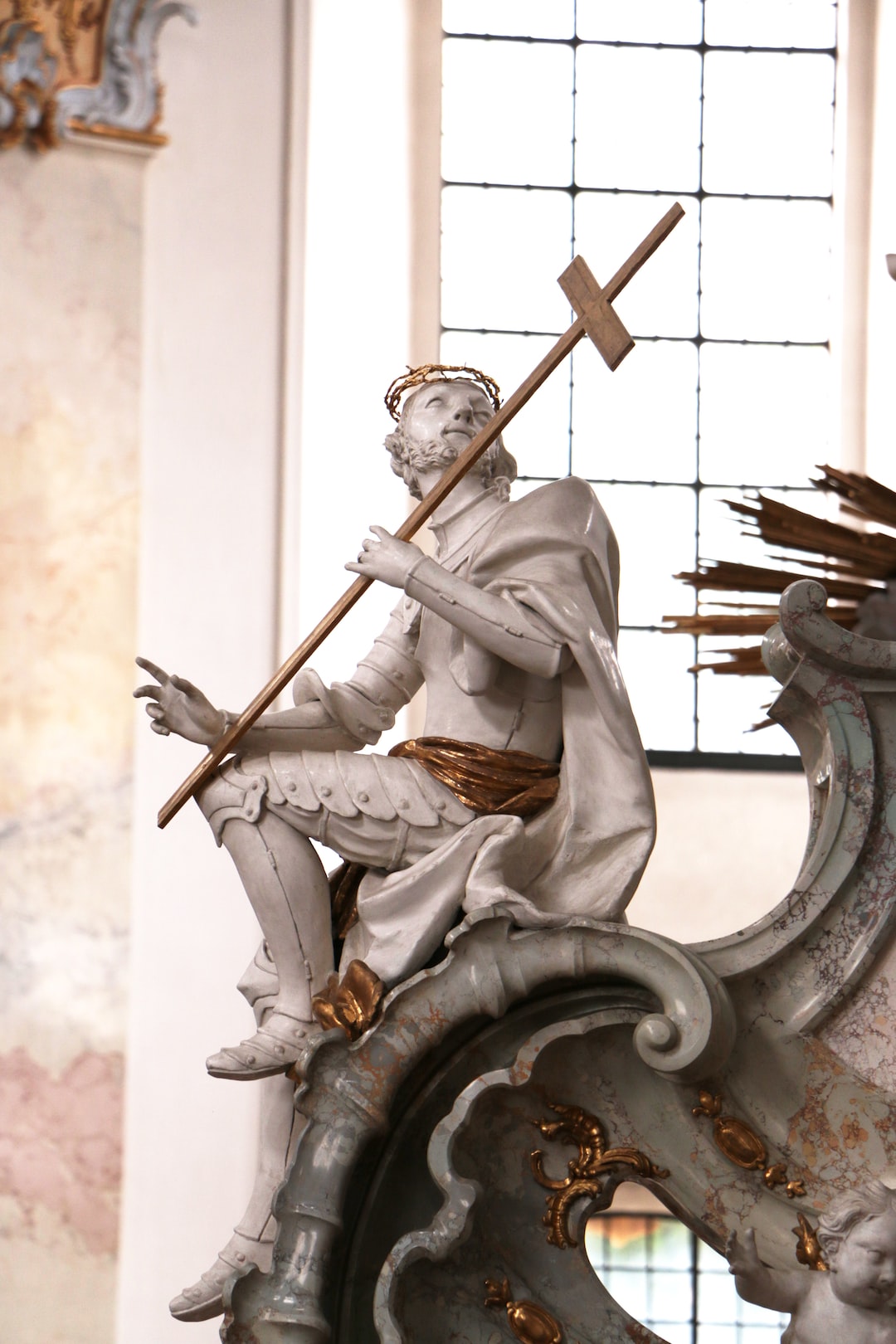The cultural and social impact of religious holidays and celebrations
Religious holidays and celebrations hold a significant place in every culture and society around the world. These events not only mark important religious occasions but also play a vital role in shaping a community’s cultural and social fabric. They offer people a chance to express their faith, values, and traditions, while also providing a platform for diverse groups to come together and foster unity. In this blog post, we will explore the cultural and social impact of religious holidays and celebrations, and how they contribute to the overall well-being of communities and their members.
One of the most prominent effects of religious holidays is their ability to preserve cultural heritage. These occasions often stem from ancient traditions and are passed down from generation to generation. They embody the beliefs, customs, and rituals that have shaped a community. By celebrating these holidays, individuals are not only keeping their cultural heritage alive but also ensuring that their traditions are not forgotten.
Religious holidays also promote social cohesion by bringing people from diverse backgrounds together. In a world that can sometimes be divided along religious, racial, or ethnic lines, these celebrations provide an opportunity for individuals to connect with one another, regardless of their differences. For instance, during holidays such as Christmas, Eid, Diwali, or Hanukkah, people come together to celebrate, exchange gifts, share meals, and engage in meaningful conversations. These interactions foster relationships, build trust, and promote an atmosphere of understanding and respect.
Moreover, religious holidays often emphasize the values of compassion, generosity, and giving back to society. For instance, during Christmas, many communities organize food drives, toy drives, or volunteer programs to help those in need. Similarly, during Ramadan, Muslims are encouraged to practice acts of charity and engage in benevolent acts. These holidays become moments for individuals to reflect on the plight of others and make a positive impact on their communities, thus reinforcing social responsibility and empathy.
Additionally, religious holidays and celebrations provide an occasion for personal introspection and spiritual growth. For believers, these events offer an opportunity to fulfill their religious obligations, deepen their connection with the divine, and seek enlightenment. They engage in prayer, attend religious services, perform rituals, or observe fasting – all of which contribute to personal and spiritual development. This inner growth not only benefits individuals but also has a wider impact on the social fabric of a community, as it helps instill a sense of morality, ethics, and purpose.
Furthermore, religious holidays serve as an important educational tool, particularly for younger generations. Through these celebrations, children and young adults learn about their faith, its teachings, and the significance of the rituals involved. This transmission of knowledge ensures the continuity of religious and cultural practices and enables younger members of society to carry on these traditions in the future. It also allows them to develop a stronger sense of identity and belonging within their community.
However, it is essential to acknowledge that religious holidays can also have certain social and cultural limitations. In some cases, these occasions may reinforce stereotypes or exclusivity, inadvertently excluding those who do not belong to the particular religion being celebrated. It is crucial for communities to be mindful of this and ensure that these events are inclusive, welcoming, and respectful of diversity. Embracing diversity during religious holidays can cultivate a sense of unity that goes beyond religious boundaries.
In conclusion, the cultural and social impact of religious holidays and celebrations is undeniable. They preserve cultural heritage, promote social cohesion, foster compassion and generosity, facilitate personal and spiritual growth, and transmit knowledge to younger generations. By taking part in these events, individuals contribute to the overall well-being of their communities and create an atmosphere of inclusivity, understanding, and harmony. These occasions are not just about religious practices; they are a celebration of humanity, culture, and the power of community coming together.

